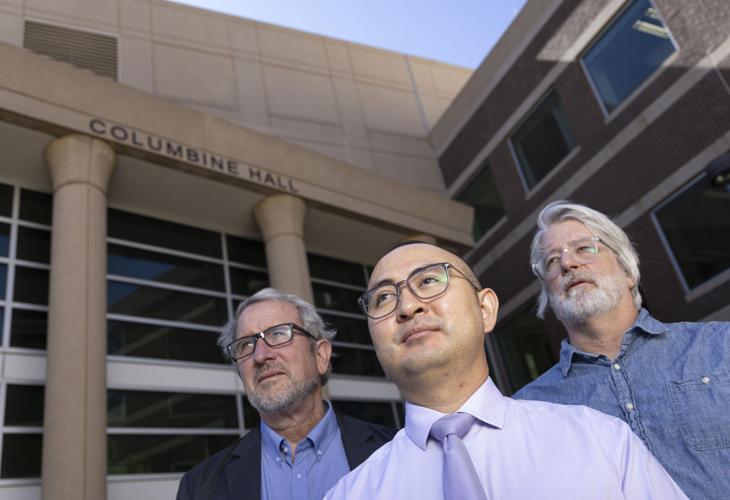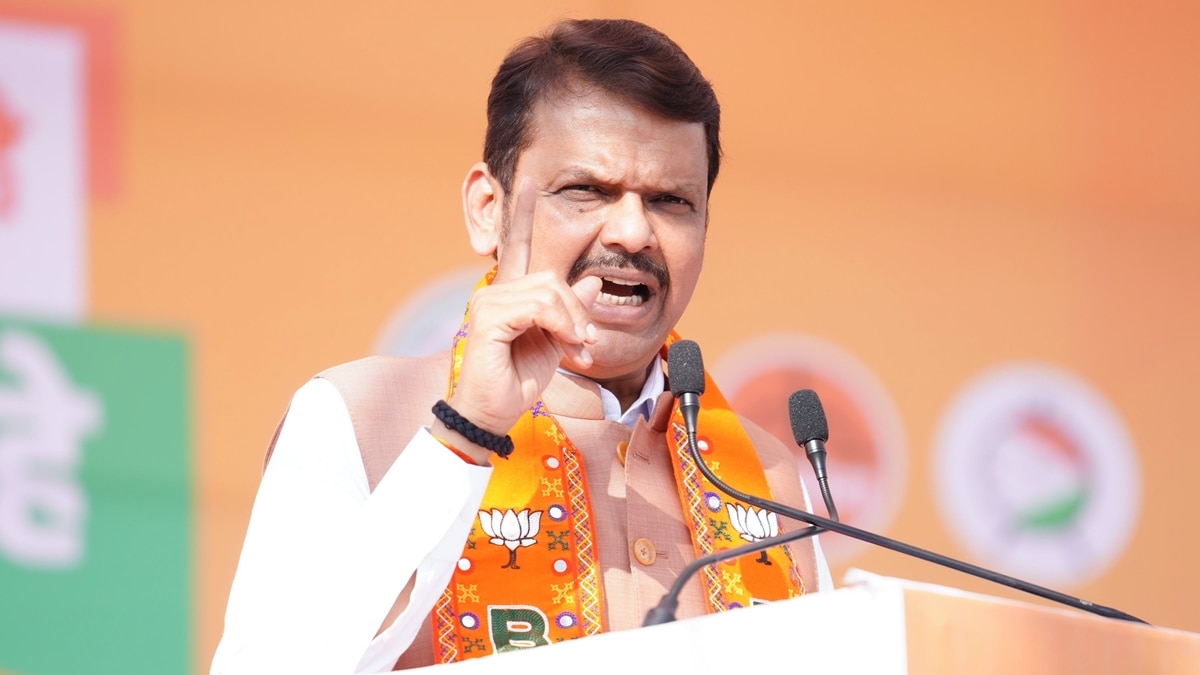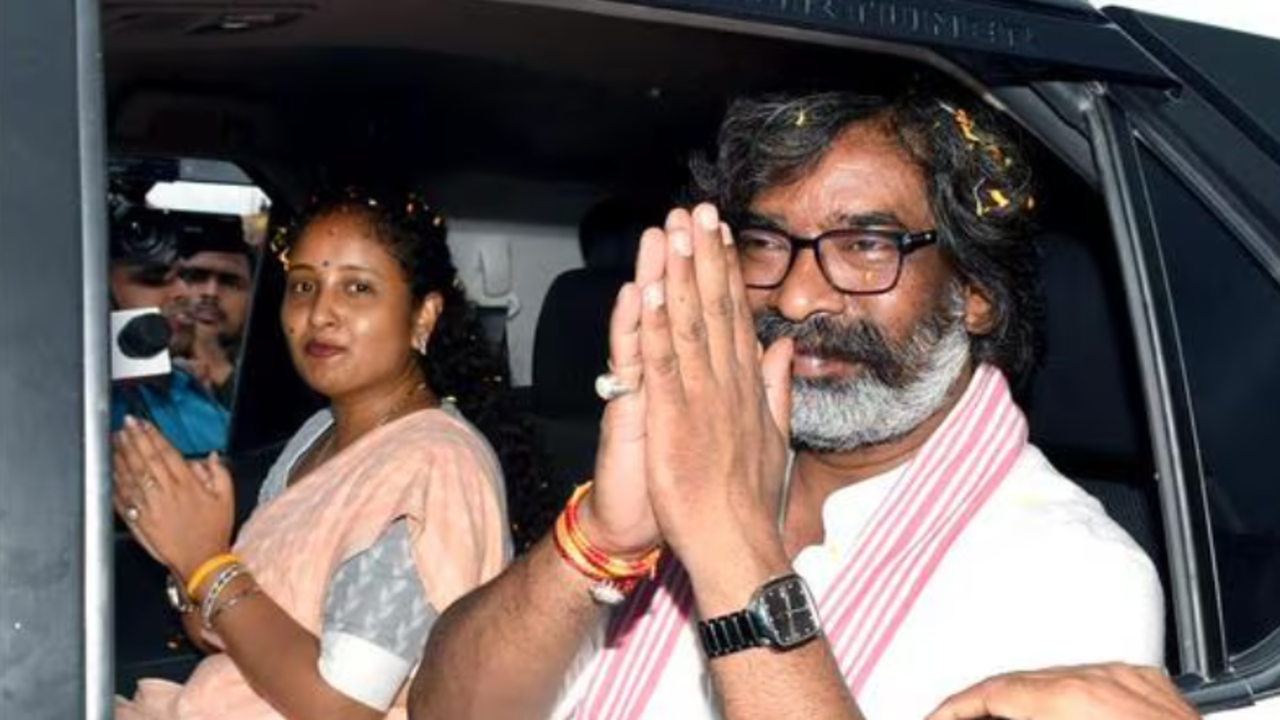
"Bhat De Haramzada, Noile Manchitro Khabo" (Give me rice, you scoundrel, or else I'll eat up the map of the land.) — Rafiq Azad (1974) "But the audience had long since lost interest in him and could no longer understand what he was doing." — Franz Kafka , The Hunger Artist (1922) The bellwether opportunity afforded by the July 2024 uprising to reimagine Bangladesh's future by reforming or dismantling the repressive apparatuses of the ousted government comes with an existential challenge: stabilising essential commodity prices amid rampant inflation and soaring food costs.
This crisis—an inheritance from Sheikh Hasina's toppled government—has pushed countless households, especially among the lower-income and shrinking middle classes, to the brink of desperation. Following the devastating floods in August 2024 that severely impacted eastern Bangladesh, the urgency for immediate, effective policy action has never been more apparent. For the interim government, prioritising "bread" over ballots or "rice" over reforms may be the only way to stave off popular discontent and retain public trust through clear, targeted policies.
While conditions are not yet beyond repair, the admonition is to double up instead of double down, exercising prudence to safeguard public trust. The epigraphs by Rafiq Azad and Kafka highlight themes of desperate struggle for recognition, survival, and meaning amid societal apathy. Azad's 1974 protest poem, Bhat De Haramzada, Noile Manchitro Khabo , was written during Bangladesh's severe food crisis and famine under Sheikh Mujibur Rahman's government.
Shortly after Bangladesh's hard-won independence, Azad's words captured the disillusionment of a nation crippled by economic hardship, natural disasters, crop failures, and famine-induced suffering. The poem reflects not only the populace's desperation but also their sense of betrayal after profound sacrifices in the independence struggle. Kafka's Hunger Artist , written in post-World War I Europe, presents a protagonist whose self-imposed starvation once fascinated the public but ultimately becomes forgotten as society shifts its values.
This existential alienation parallels an era of disillusionment, capturing the hunger for recognition in a society failing to value individuality. For Azad's speaker, defiance and the demand for sustenance underscore a readiness to challenge state power in pursuit of survival, while Kafka's artist embodies misunderstood dedication. Both works underscore a profound disconnect between marginalised individuals and an indifferent society.
Today, food insecurity has become a global issue, affecting both developed and developing regions, including OECD countries and South Asia. Giner and Placzek (2022) noted that one in five people in OECD nations faced food insecurity in 2022—a figure largely driven by inflation and the Covid pandemic's lasting effects. In the United States, poverty, unemployment, and income inequality affect millions, especially households with children, communities of colour, and rural areas (US Department of Agriculture, 2022).
South Asia faces similar challenges, where food insecurity worsens due to climate events, economic instability, and social inequalities. In Bangladesh and Pakistan, food inflation has exceeded 35 percent in some areas, with climate disasters like flooding and drought further disrupting supply chains (World Bank, 2023).UNICEF and World Bank data show global food inflation intensifying, affecting lower-middle-income countries in over 50 percent of cases, and even some high-income countries.
Across 168 countries, food prices have risen faster than general inflation, underscoring the urgent nature of this issue (World Bank, 2023). In Bangladesh, comparing Hasina's regime with that of her father, Sheikh Mujib, provides perspective on the current crisis. The ousted Hasina government attempted to tackle food insecurity through subsidies, farmer loans, and the Open Market Sales (OMS) programme.
Yet structural inefficiencies, corruption, and inconsistent policies undermined these efforts, leaving food prices high and eroding purchasing power for low-income populations. While sporadic price controls and increased imports aimed to stabilise the market, these measures were inadequate against global price volatility. Climate disruptions added to the pressure on agriculture, while syndicates monopolising supply chains worsened inflation through hoarding and price manipulation.
These monopolies, backed by political patronage and weak regulation, intensified the food insecurity crisis by exploiting their control over logistics and distribution. Price regulations were often circumvented, allowing syndicates to evade anti-hoarding measures and cartel laws. Subsidies meant for farmers or consumers frequently ended up benefitting syndicate-linked actors, further inflating costs.
For many households, basic survival became precarious, eroding public trust in Hasina's leadership. In both Hasina's and Mujib's cases, responses to food insecurity revealed a disconnect from public hardships, fuelling widespread resentment. Azad's poem embodies the rage of a populace facing a preventable crisis, while the July 2024 uprising culminated in disillusionment with centralised rule seen as out of touch with grassroots concerns.
The urgency in the title of this opinion piece underscores the interim government's immediate challenge. Prioritising essentials not only aligns with Maslow's hierarchy of needs—recognising that secure access to food precedes higher aspirations like political stability and civic engagement—but also addresses a more fundamental aspect: the bio-psycho-social well-being essential for both individual and national resilience. Stabilising food prices impacts social cohesion and extends beyond merely maintaining order.
The World Health Organization (WHO) defines well-being as a state of complete physical, mental, and social health, to which affordable food and secure access to essentials are central, especially for citizens in lower-income brackets who are disproportionately affected by price volatility. When food insecurity prevails, it risks not only social unrest but also hinders development across health, education, and economic sectors. Economically, food insecurity has a ripple effect on productivity, limiting individuals' capacity to fully participate in the workforce and hindering long-term GDP growth.
Malnutrition, stress from food shortages, and other adverse conditions tied to high food costs weaken current and future labour force capacity, ultimately stalling national development. Addressing food insecurity thus goes beyond immediate economic relief; it builds a foundation for sustainable development that benefits all citizens. Policies that stabilise food prices are fundamental not only for social cohesion but for enabling broader growth and civic engagement.
This emphasis on basic survival reflects Amartya Sen's basic needs approach and the capability theory he developed with Martha Nussbaum, which argue that needs like food, shelter, and healthcare must be met before societies can foster human development and civic involvement. Without addressing these basic needs, individuals cannot achieve the capabilities necessary for a fulfilling life, such as education, meaningful employment, and community participation. Banerjee and Duflo, in Poor Economics , note that even when faced with hunger, the poor often make strategic choices aimed at future gains, asserting that "food policy should work with human behaviour, not against it.
" By aligning food security policies with this resilience and strategic resourcefulness, the government can support citizens' agency in the struggle for long-term well-being. Ultimately, the government must recognise that when push comes to shove, the conditions of existence—feeding its people—precede any abstract promises of progress or growth. To echo Sartre's angst-ridden insight, "existence precedes essence": without the basic means for survival, any higher ideals remain hollow.
Faridul Alam lives in and writes from New York City, US. Views expressed in this article are the author's own. Follow The Daily Star Opinion on Facebook for the latest opinions, commentaries and analyses by experts and professionals.
To contribute your article or letter to The Daily Star Opinion, see our guidelines for submission ..














